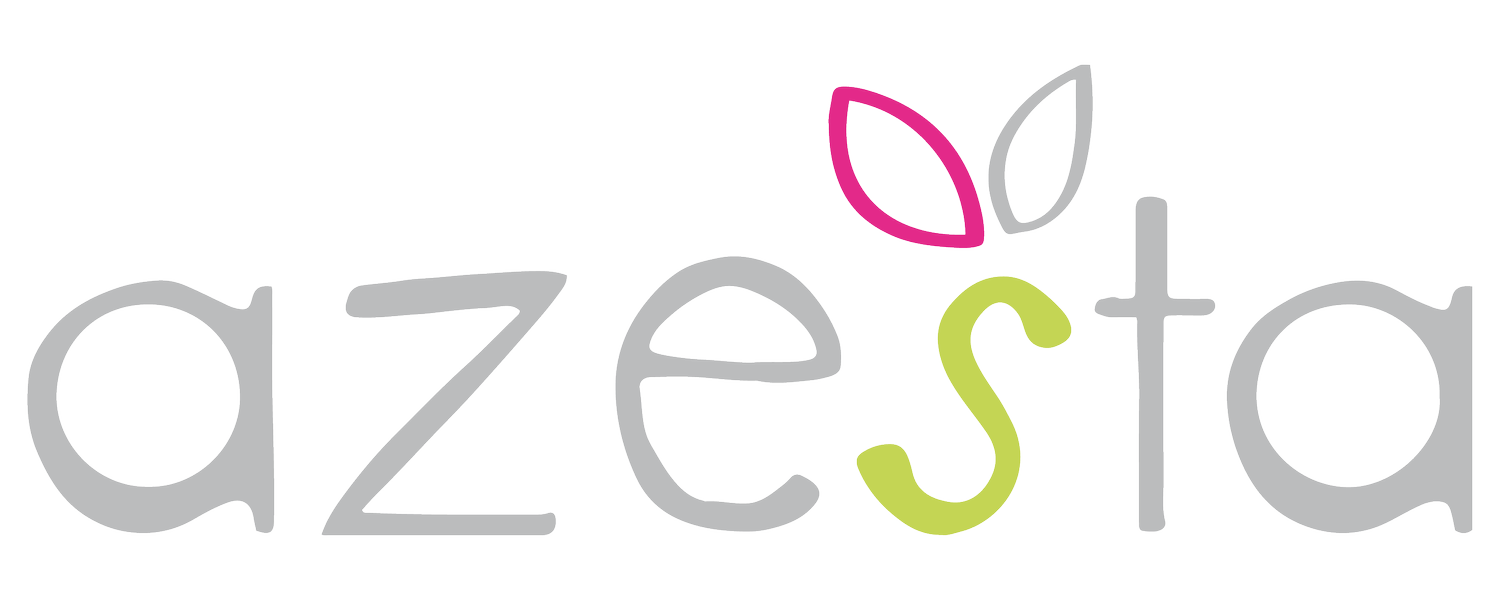5 metalog tools that are great to use in assessment centres
I’ve been lucky enough to be part of the revolution in recruitment; finding people that really can live up to what they say in interview so that there’s more chance of them being successful in the job!
Part of this means that I design assessment centres, which include candidates doing some or all of the following…
Completing an assessment involving real tasks which will form part of their potential job
Participating in role plays which show us, for example, how they actually might handle a difficult conversation rather than relying on what they say they might do
Completing psychometric questionnaires which looks at how closely their natural preferences and personality traits are likely to suit the demands of the job
Completing standard assessment tasks, for example in verbal reasoning to enable benchmarking of their basic skills against other candidates
Taking part in group activities that show how they really interact in a team and demonstrate their style and certain skills
In terms of group activities, I tend to favour choosing one task that is principally written and verbal, for example one that involves individuals prioritising a certain list of items, tasks or people and then negotiating in a group to achieve a group consensus. Where these tasks involve value judgements they are particularly interesting and give real insights into candidates.
I do like one of the tasks to be something engaging and involving in which the applicants ‘lose’ themselves and revert to type! The selection obviously depends massively on the skills and attributes that the interviews are looking for and so the job description and person specification is the first stop for helping to design and centre that assesses the skills required for the job, but below are 5 activities that have worked really well for me in the past…
1. reality check
This simple exercise involves candidates discussing the picture cards they are given and working to reach a consensus about what order they should go in. This is brilliant for assessing people’s communication skills. Are they able to stick to the right level of detail? Are they able to make appropriate connections with others? Do they talk over people? It’s also a good one for looking at co-operative skills.
2. tower of power
Candidates work together to build a tower using a crane held via string by all participants. This is particularly useful for determining candidates’ levels of positivity, their attitude to risk, their project management and their communication skills. How do they treat others? To what extent do they take the lead? How do other team members feel about them?
3. soapbox
In this exercise, small teams of candidates build a small non-motorised go kart. The activity can also involve designing a logo and marketing strapline for the product, developing a sales pitch, getting the kart through an MOT and even parading or racing the karts. The activity is so involving and fun and can cover so many different aspects of teamwork, communication, reaching consensus, selling skills that it has worked brilliantly for me particularly for marketing roles. It looks at candidates’ problem solving, teamworking, communication, project management, creativity and marketing skills as well as potentially their attitude towards change and conflict resolution skills. Brilliant.
4. marble run
Small teams of candidates build a marble run in separate rooms. The runs have to be as similar as possible and carry the marble for the same length of time, but communication between them is restricted to short meetings between messengers from each team. This exercise is very good for assessing candidates’ ability to work effectively with other departments, cultures or value systems as well as their project management and team working skills. How adept are they at reaching common goals?
5. emotion cards
Emotion cards are a great way of candidates providing feedback on the assessment centre process. After asking participants to write down what went well for them and what they could have done better during the day in order to assess levels of self-awareness, I like to ask them to choose a card which represents their experience of the assessment centre. Each in turn explains their card, giving away a little about how they felt about the process and how they feel about the organisation considering hiring them. It always works a treat!
While there is a quite a bit of work involved in selected the right exercises for your assessment centre and then working out how to run them and what to assess during them for the best results, I hope that this article has given you a few initial ideas and will make your recruitment decisions even better!!
Get in touch if you need more help with details like designing the observation forms and scoring processes in order to make an absolutely perfect and unbiased decision!


